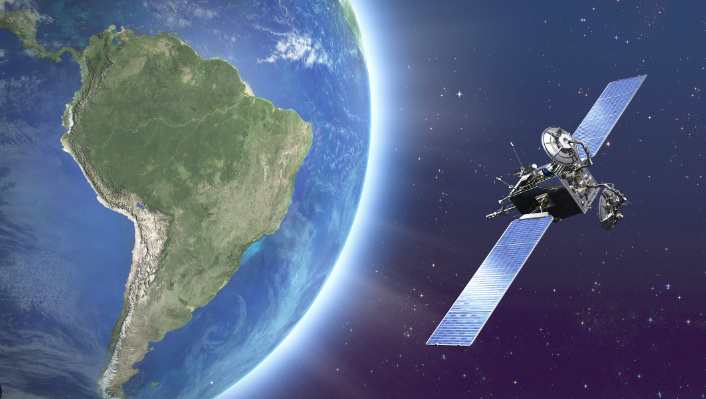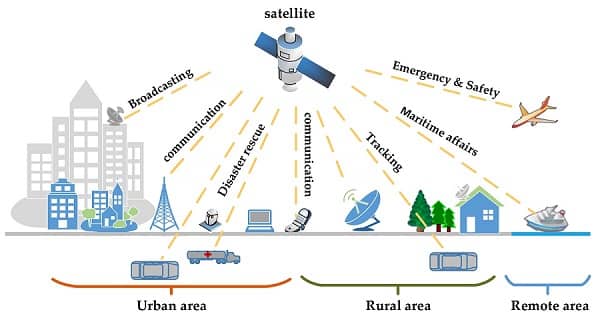The Advantages of Satellite Internet Services
Before diving into the advantages, it’s essential to understand how satellite internet works. Unlike traditional broadband that relies on physical infrastructure such as fiber optics or telephone lines, satellite internet uses orbiting satellites to transmit and receive data. The information is then beamed back to your satellite dish and router. This system allows satellite internet to reach remote and hard-to-access areas where laying cables or constructing towers would be too costly or impractical.

One of the most significant benefits of satellite internet is its ability to provide connectivity to rural and remote areas. Traditional internet services often require extensive infrastructure, which can be prohibitively expensive to install in less populated regions. As a result, many rural residents have limited access to broadband or are left with slower, outdated options like dial-up or DSL. It is an ideal solution for residents and businesses in rural communities. This access enables rural populations to stay connected to the broader world, whether for work, education, healthcare, or entertainment.
This mobility is particularly beneficial for industries like agriculture, which often operate in rural areas where internet access is limited. Farmers and ranchers can use satellite internet to monitor weather conditions, manage resources, and even access real-time market data, helping them make more informed decisions that directly impact their operations. Satellite internet offers a scalable solution to meet this demand. With multiple providers offering various service packages, businesses can choose the level of connectivity that best suits their current needs and upgrade as they expand. This rapid deployment can be a game-changer for businesses and individuals who need to get online fast, whether due to a recent move to a rural area or an urgent need for connectivity in a disaster-affected region.

While satellite internet is an excellent solution for rural and weather-affected areas, it’s important to acknowledge that weather conditions can have an impact on the quality of the connection. Satellite internet relies on clear signals between your dish and the orbiting satellite, so severe weather events like heavy rain, snow, or thick cloud cover can cause signal degradation, commonly referred to as “rain fade.” This can result in slower speeds or, in extreme cases, a temporary loss of signal.
Fortunately, these disruptions are usually brief and tend to resolve once the weather clears. For most users, occasional weather-related interruptions are a minor inconvenience compared to the benefits of having internet access in areas where other options are unavailable or unreliable. Additionally, many satellite internet providers have built-in redundancies to help mitigate these issues, including using multiple satellites to reroute signals when one path is affected. While no internet service is entirely immune to weather-related disruptions, satellite technology is evolving rapidly to minimize these effects, ensuring users stay connected as much as possible.
With satellite internet, staying connected, even in the most remote or challenging environments, is more achievable than ever.
